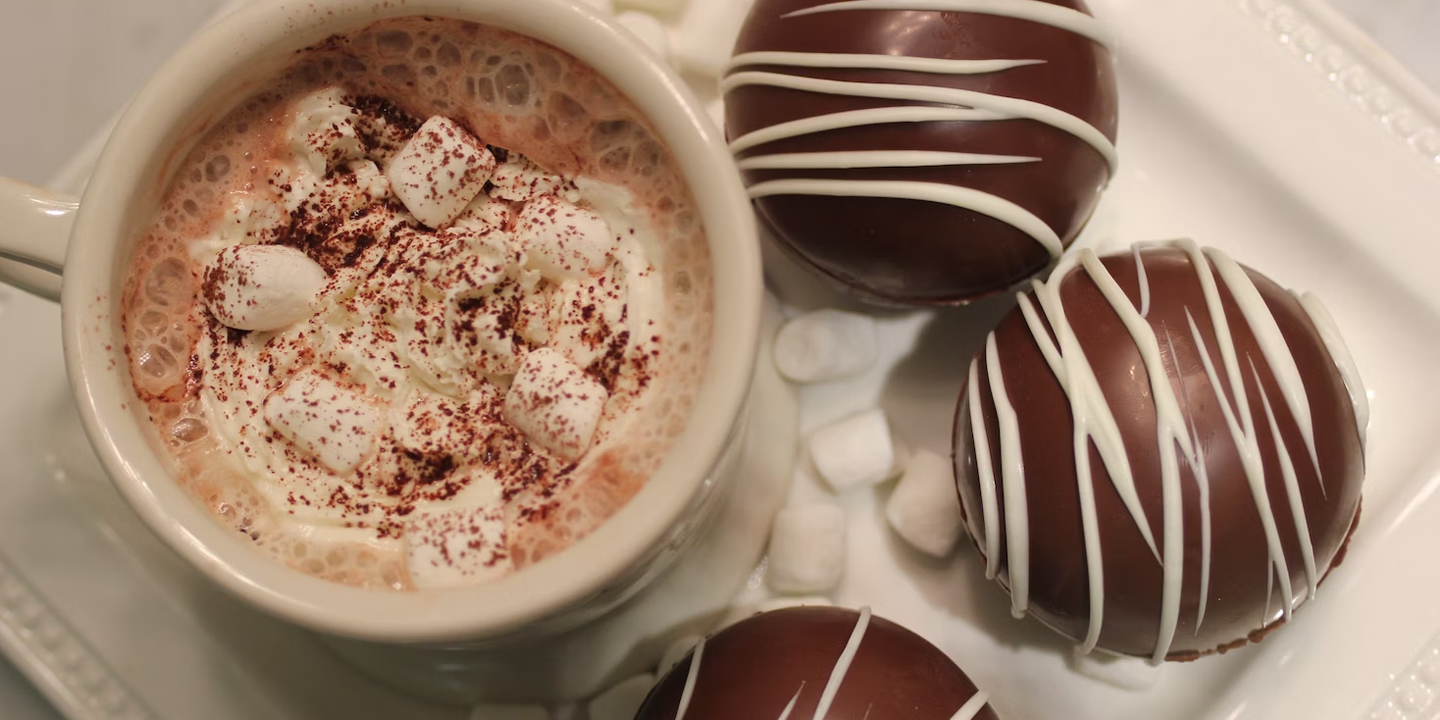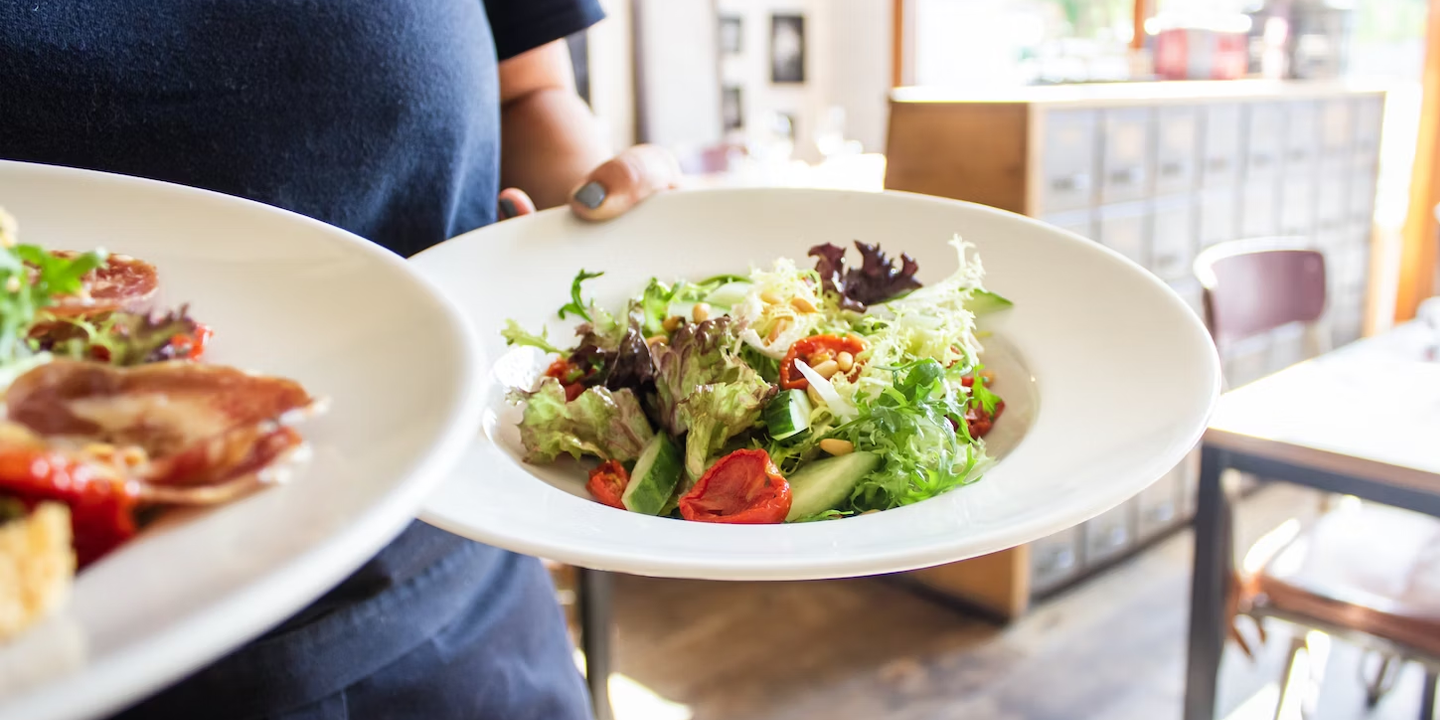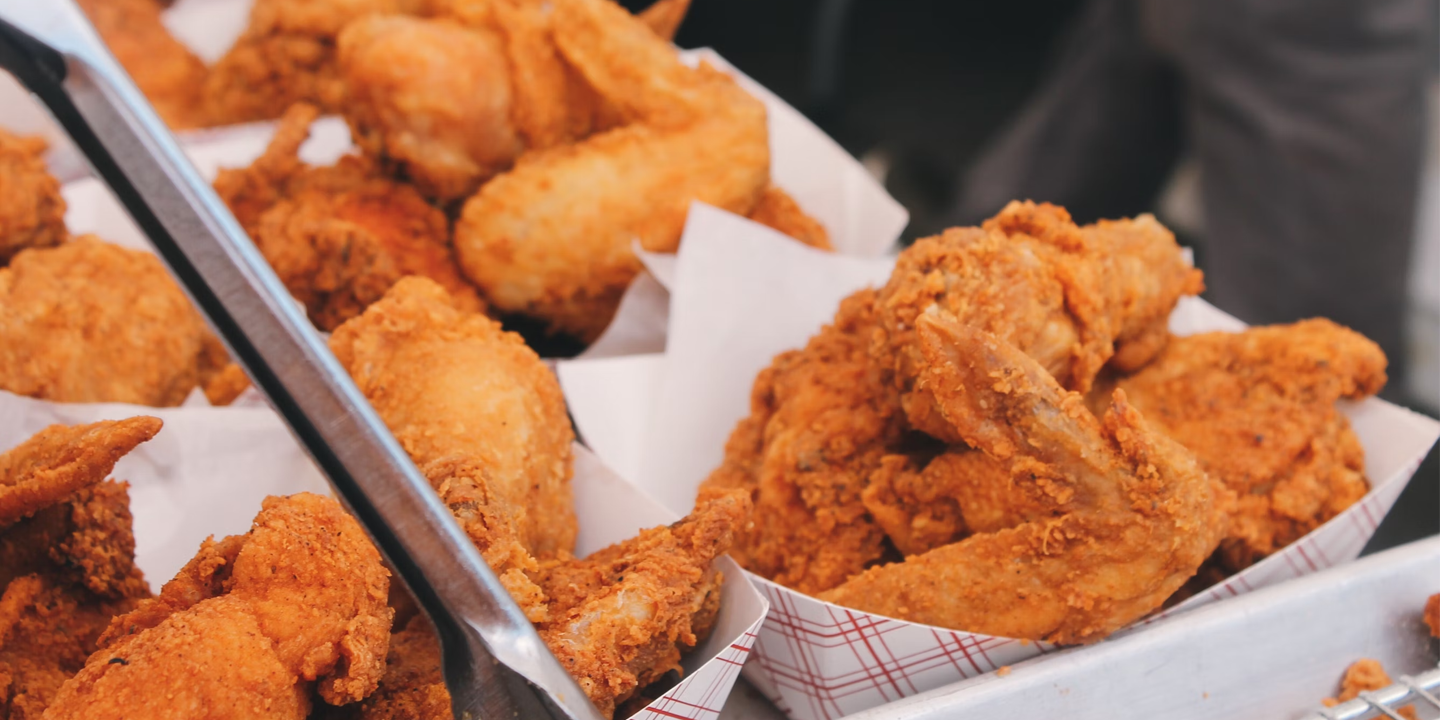If there’s one thing competitive athletes know better than anyone else, it’s strategy. And just like any playbook worth its salt, athletes need to plan their diets accordingly to ensure a competitive edge. Here is a deeper dive into the types of foods athletes typically steer clear of and the foods they practically live by.
1. Sugary Sodas and Juice
Athletes tend to avoid sugary sodas like the plague. They pack a ton of calories with little to no nutritional value, and wreak havoc on your blood sugar levels, making energy crashes inevitable. Fruit juice might sound like a healthy alternative, but many brands add heaps of sugar, completely offsetting any potential nutritional value. Athletes mostly stick with whole fruits or 100% juice for their vitamin fix.
2. Alcohol
While a drink now and then is fine, too much alcohol can severely hinder recovery, mess with your sleep, and dehydrate you. There’s a reason why athletes only pop out the champagne after winning — they have to keep the drinking to a minimum if they hope to stay on top of their game.
3. Artificial Sweeteners
Just because it's not technically sugar doesn't mean it's any better for you — in fact, it might even be more harmful than regular sugar. Artificial sweeteners bring with them a whole new slate of problems, like messing with your gut and potentially leading to worse cravings and overeating in the long run.
4. Refined Carbs
Although filling, refined carbs often contain little to no nutritional value, especially in comparison to their whole-food counterparts. What’s worse, they tend to cause a quick spike in blood sugar levels, leading to an energy crash that no athlete wants to deal with when looking to reach the peak of their abilities.
5. Fried Foods
While delicious, fried foods are not an athlete's friend — in fact, they’re not even an acquaintance! Not only are they hard on the stomach, but they’re also jam-packed with unhealthy fats that can lead to feeling tired and weighed down. Moreover, many fried dishes are often made using harmful seed oils that have a litany of problems of their own.
 Photo by Shardar Tarikul Islam
Photo by Shardar Tarikul Islam
6. Deceptive “Health” Snacks
Grocery store aisles are packed with supposedly “healthy” snacks that are no better for you than the junk food you’re trying to avoid. It’s nothing more than a marketing ploy, so please don’t fall prey to it. Instead, make sure to closely inspect the label for harmful ingredients and sugar content.
7. Heavy Dairy Products
“Float like a butterfly, sting like a bee.” Wise words from a wise man: Muhammad Ali. But you won’t be floating when you’re plagued with bloating and discomfort. Although not everyone is afflicted, about 70% of the world's population is, in fact, lactose intolerant, leading many athletes to opt for lighter alternatives or lactose-free options to keep their stomachs happy and care-free.
8. Excessive Caffeine
Caffeine is a tremendous (and almost magical) tool for sustained focus, productivity, and performance. However, too much caffeine can often lead to anxiety, an upset stomach, and trouble sleeping. Moderation is key to getting that pre-workout boost without the downsides. Water, low-sugar electrolyte drinks, and moderate amounts of coffee are generally your safest bet to maximize performance without compromising health.
9. Seed Oils & Margarine
Margarine and seed oils are some of the most highly processed sources of fat on the market and should generally be avoided at all costs. People perceive fat as the enemy when in reality our bodies need fats to thrive — healthy fats, that is! Processed fats like margarine and seed oils (i.e. vegetable oil) are rich in Omega-6 fat (the bad kind) which is known to cause inflammation.
10. Store-Bought Salad Dressings
Salads are a great way to add loads of healthy vitamins and nutrients to your diet. Yet, for some reason, people insist on ruining them with unhealthy, store-bought dressings. Bottled dressings can be a hidden source of added sugars, unhealthy fats, and tons of salt. Athletes often dress their greens with a simple mix of olive oil, vinegar, or lemon juice to keep things light, healthy, and surprisingly delicious.
1. Chicken Breast
Lean, mean, and full of protein! Chicken breast is infamous for being a mainstay in the athlete’s diet and there’s good reason for it. It’s high in protein and low in fat, meaning that athletes can depend on it to provide them with a lean protein source that will repair and build muscle without tacking on unwanted weight. Plus, it's versatile in recipes (stirfry, pasta, chicken and rice, etc) making it a meal prep essential.
2. Eggs
If there’s one thing the Rocky movies have taught us, it's the power of eggs (although cooking them first is recommended). Eggs are incredibly versatile, low cost and a superb source of high-quality fat and protein. They contain all the essential amino acids your body needs, along with vitamins and minerals to support any athlete's rigorous routine. On top of that, eggs are a great addition to many kinds of dishes and can easily be incorporated into most diets.
3. Greek Yogurt
It’s low-fat, low-calorie and high in quality protein, making it a complete no-brainer for athletes across the board. Beyond just the great taste and high protein content are calcium and probiotics, all of which are crucial in promoting bone health and digestion. It's great on its own as a guilt-free dessert, in shakes, or as an additional protein enhancer for a variety of your favourite sauces and dishes.
4. Spinach
Maybe we all should have taken those Popeye cartoons more seriously because he was definitely onto something! Along with being one of the highest protein vegetables, spinach is also loaded with iron (an element that’s vital for delivering oxygen to muscles during intense workouts). It's also a great source of magnesium and vitamins A and C, making it one of the most well-rounded and versatile vegetables out there.
5. Almonds
Although they make look small, almonds pack a hefty punch! Not only are they a tremendous source of healthy fats and protein, but they also contain vitamin E, an antioxidant that helps protect the body against free radical damage. Plus, they're a convenient snack to keep in your bag and take wherever you go. Just don’t eat too many — almonds don’t skimp out when it comes to fat content and calories.
6. Beetroot
Unfortunately, beets are often the target of undeserved scorn and ridicule. But why? It’s hard to understand especially because they’re delicious and packed with nutrients. The high nitrate content of this root vegetable is one of the many reasons why athletes swear by beetroot juice as a natural performance and recovery booster, as it greatly helps improve blood flow and lower blood pressure.
7. Berries
Anyone with a sweet tooth will tell you that it’s hard to satisfy that craving without feeling awful about your decision mere moments later. Berries, on the other hand, are a guilt-free treat that not only satisfies those sugary urges but also makes you healthier. Loaded with vitamins and antioxidants, berries are a great way to help reduce muscle inflammation and fatigue — which makes them the perfect addition to smoothies, yogurts, or just as a light tasty snack
8. Avocado
As the ultimate source of healthy fats, it's no wonder why so many athletes make it a staple of their diet! Loaded with healthy fats, particularly monounsaturated fats, and brimming with fiber and potassium, this nifty little fruit (YES, fruit) is the perfect snack after a workout to help your muscles repair and recharge.
9 . Turmeric
This bright yellow spice is not only great for adding some flavor and colour to many of your favourite dishes; it's also celebrated for its anti-inflammatory properties, thanks to its active ingredient: curcumin. Many athletes incorporate turmeric into their diets to aid in recovery and reduce soreness. Just make sure not to get any on your clothes because the stains are notoriously difficult to wash out!
10. Watermelon
As any good athlete knows: hydration is key. And what better way to hydrate than with nature’s Gatorade? As a natural source of electrolytes, watermelons are extremely hydrating while also serving up a healthy dose of vitamins A and C, as well as potassium. They are also rich in the amino acid l-citrulline, which promotes blood flow — a must for recovery and reducing muscle soreness.
KEEP ON READING


























